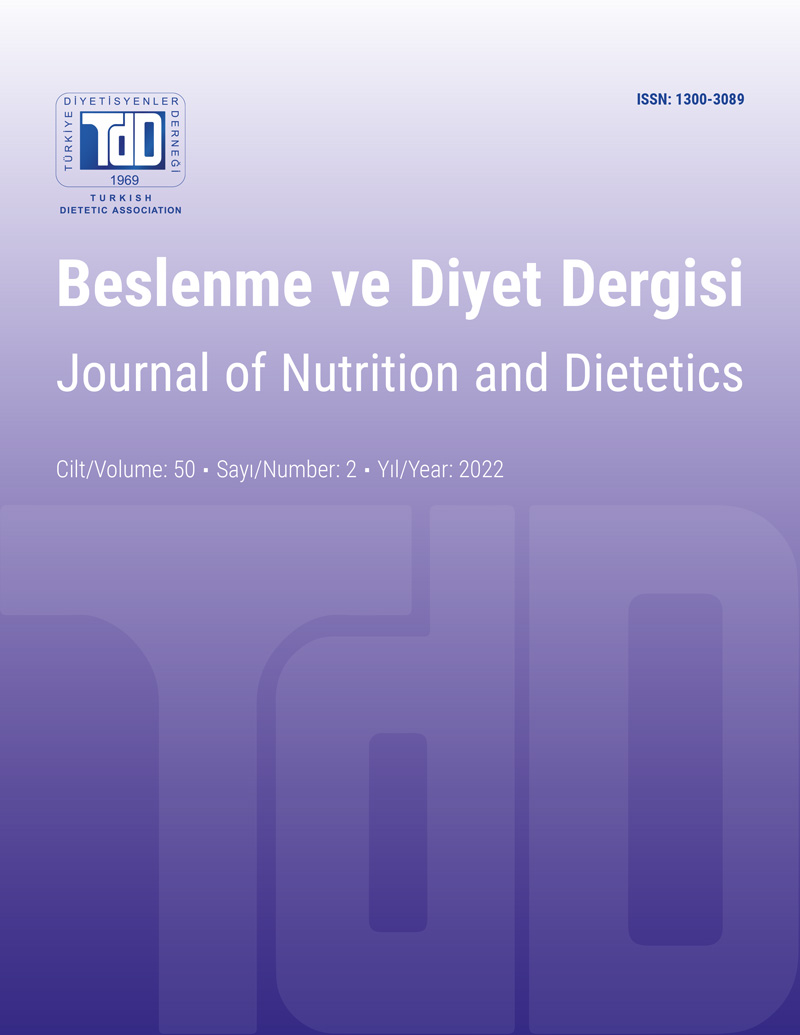Oleuropein and Cancer
DOI:
https://doi.org/10.33076/2022.BDD.1513Keywords:
Oleuropein, cancer, olive, olive oilAbstract
The combination of an increase in reactive oxygen species and a decrease in antioxidant capacity causes oxidative modification in organic compounds of organism. These oxidative modifications are involved in the etiology of many pathogenesis such as cancer. Nutrition is an important environmental factor that can affect cancer pathogenesis and is also modifiable. Oleuropein is a bitter-tasting secoiridoid compound in polysaccharide form found in olive fruit and leaves. Its content in olive fruit varies depending on genetics, environmental factors and ripening. Olive/olive oil is one of the main components of the Mediterranean diet, which has an inverse relationship with non-communicable diseases, including cancer. Oleuropein, which is among the phenolic compounds of olive/olive oil, has antioxidant and anti-inflammatory properties that can suppress the production of reactive oxygen species. In this review, cancer pathogenesis and its interactions with the treatment process are discussed, based on the effects of oleuropein on antioxidant and anti-inflammatory pathways.

